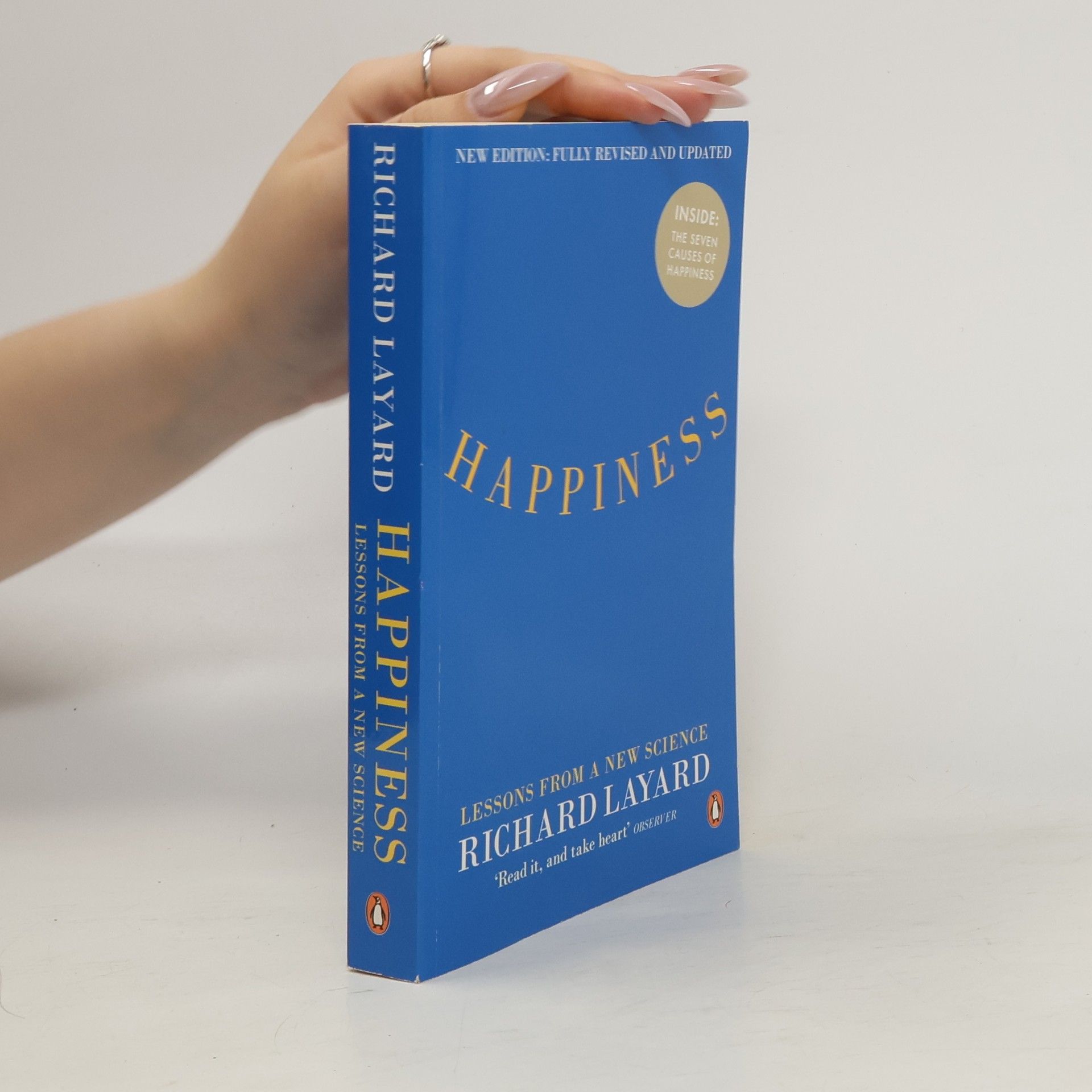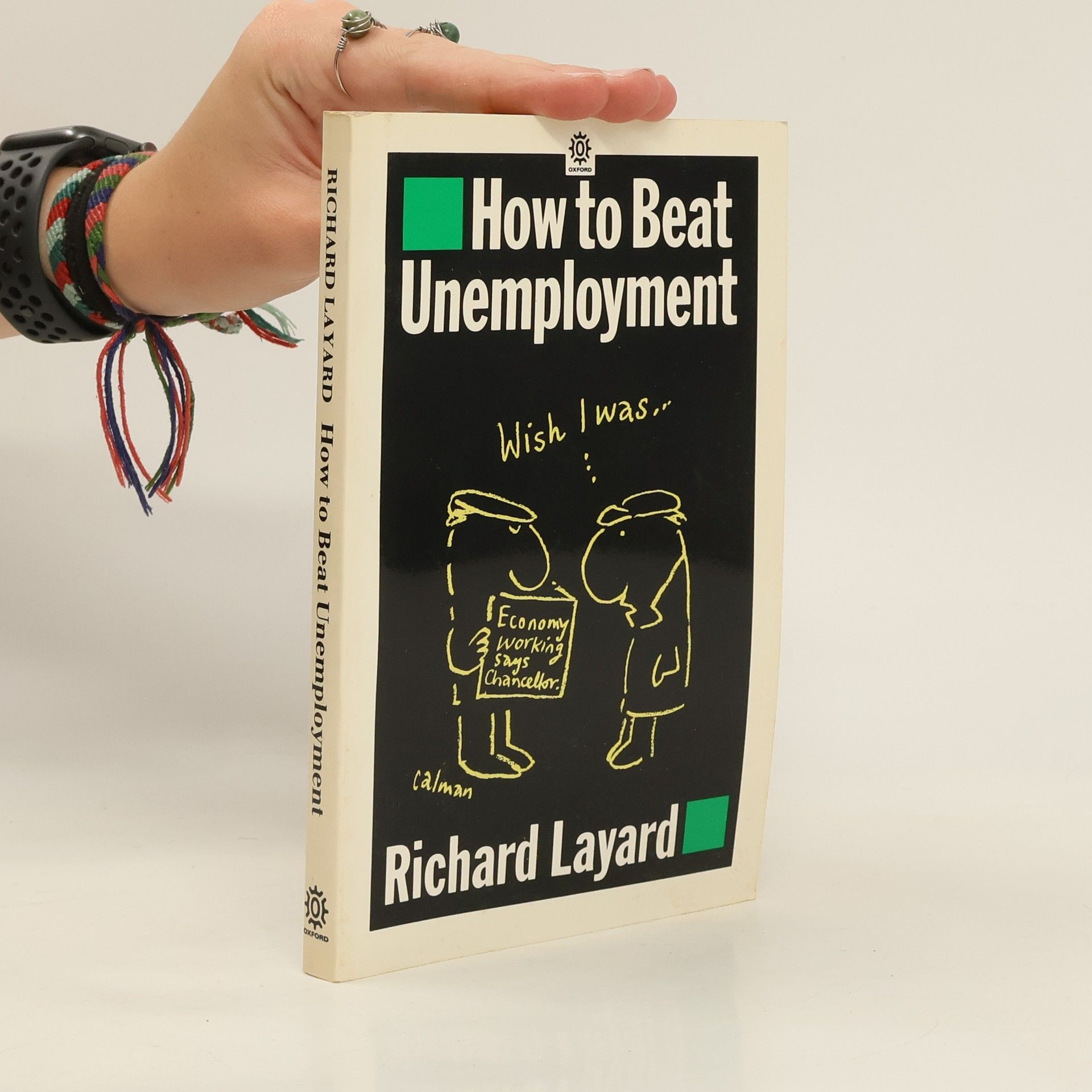Die glückliche Gesellschaft
- 324 Seiten
- 12 Lesestunden
Wir brauchen einen Kurswechsel in Politik und Wirtschaft. Nicht ein möglichst kräftiges Wirtschaftswachstum ist Richard Layards Anliegen, sondern das größtmögliche Glück für alle und jeden Einzelnen. Dieses Glück ist eben nicht mit der allgemeinen Kaufkraft oder dem prall gefüllten Geldbeutel der Konsumenten gleichzusetzen, wie die meisten Wirtschaftswissenschaftler immer noch behaupten. Stattdessen sollten Rücksicht auf das eigene Befinden und Mitgefühl für andere die Eckpfeiler der Gesellschaft sein. Richard Layard zeigt anschaulich und unterhaltsam, wie und warum das funktionieren kann. » Ein spannendes Plädoyer für eine neue Wirtschaftspolitik« Stern






